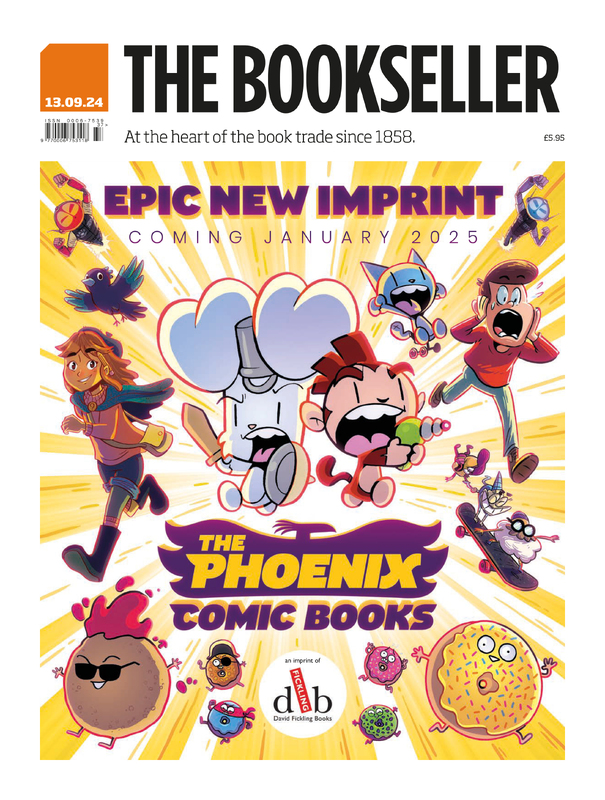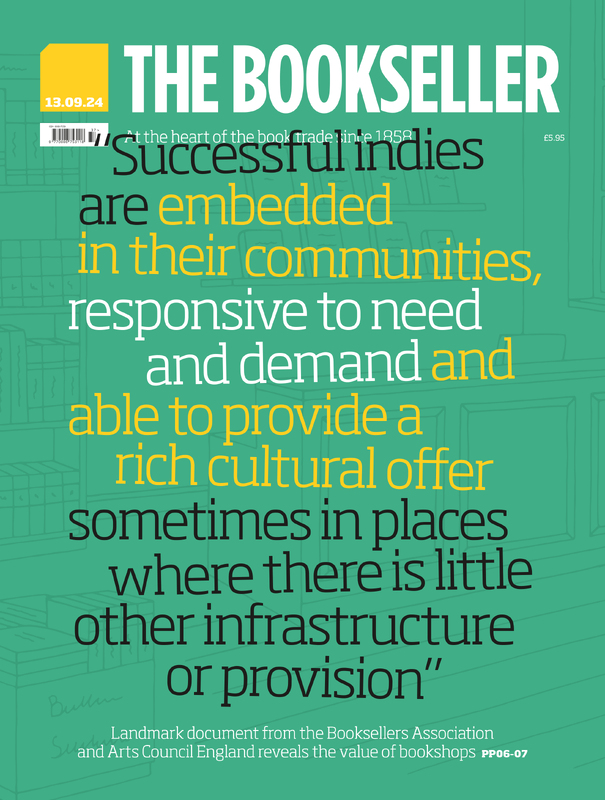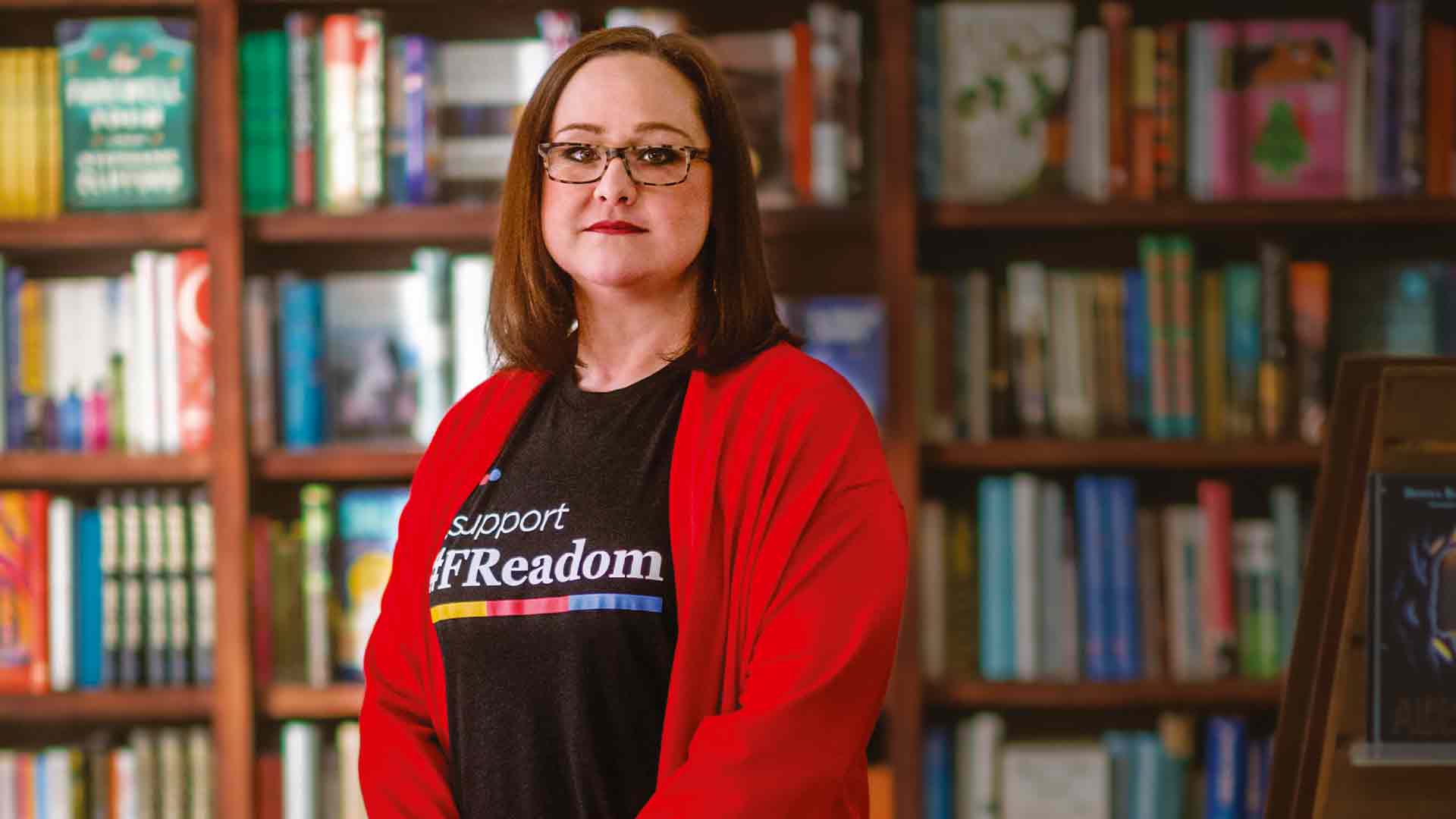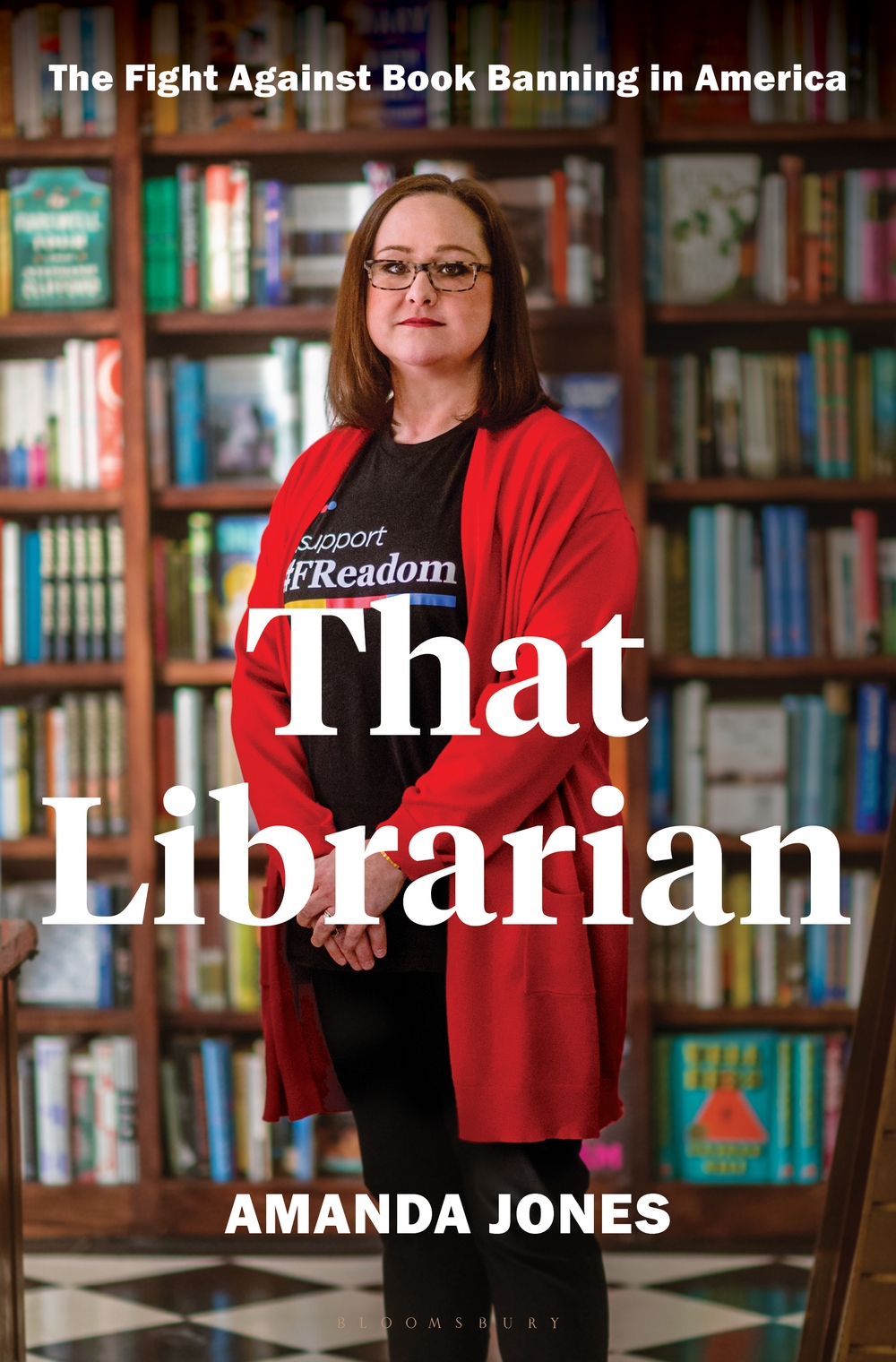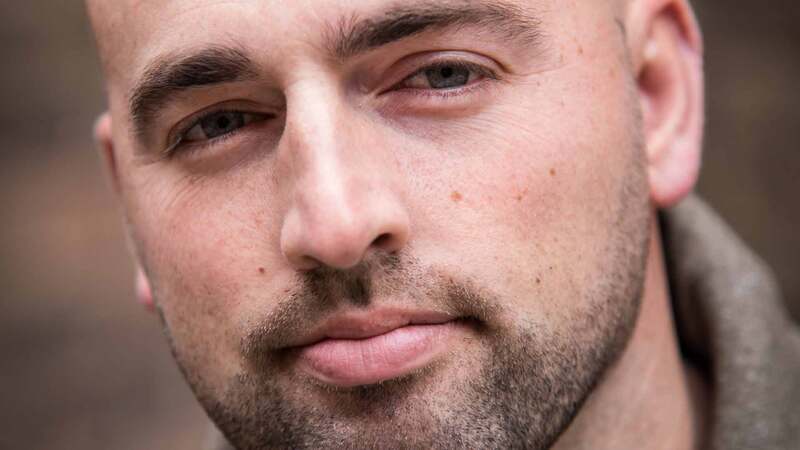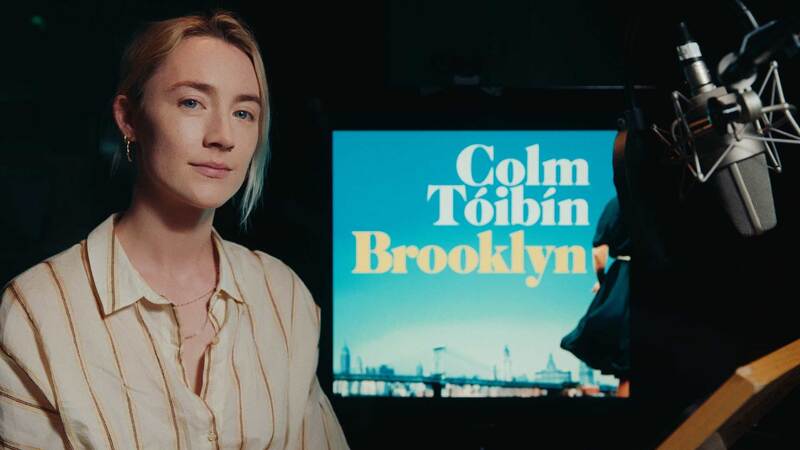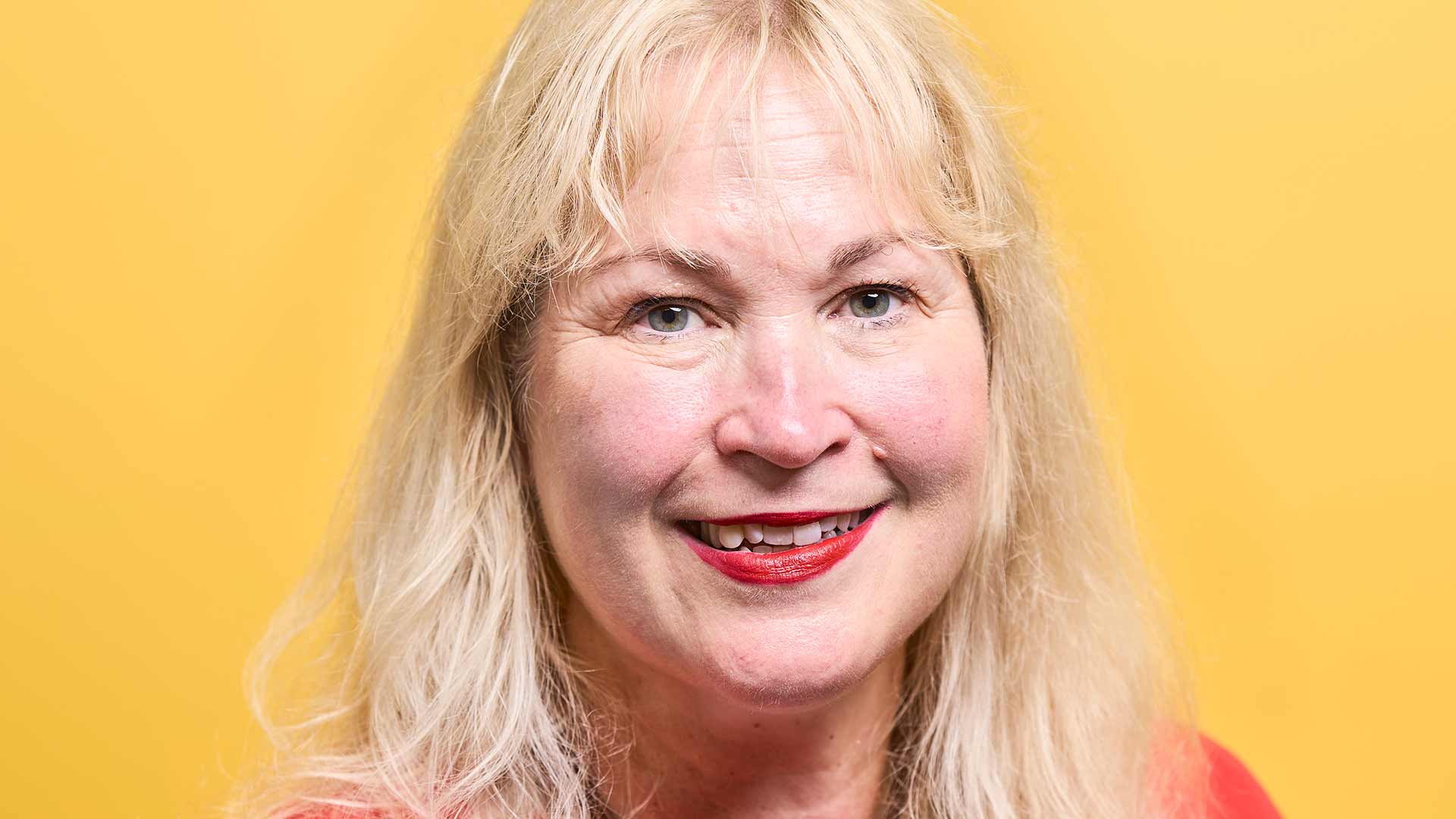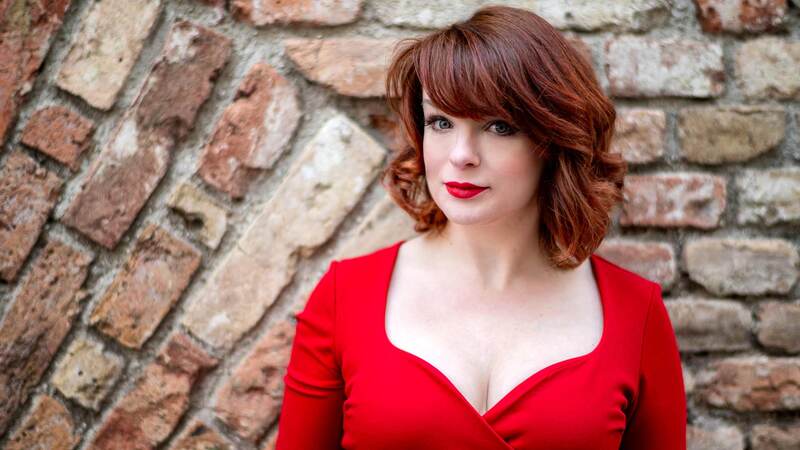You are viewing your 1 free article this month. Login to read more articles.
Amanda Jones has written a book charting her fight for access to diverse stories
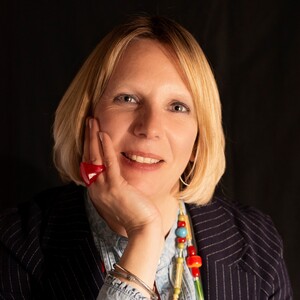
Caroline Sanderson is Associate Editor of The Bookseller, and since 2000, the magazine's non-fiction previewer. In 2022 she was Chair of ...more
In the face of online abuse and death threats, the school librarian has penned a response of great moral strength.

Caroline Sanderson is Associate Editor of The Bookseller, and since 2000, the magazine's non-fiction previewer. In 2022 she was Chair of ...more
"You are indoctrinating our children with perversion + pedophilia grooming”. So read an anonymous email sent to Amanda Jones, an American middle school librarian in August 2022, a month after a local public library board convened to discuss “book content”. Jones attended the meeting and was moved to speak out against demands for books with LGBTQ+ content to be purged from the shelves. The email concluded: “We know where you work + live… you have a LARGE target on your back. Click, click.”
This death threat followed a concerted online campaign against Jones, some of it stoked by members of her own community. Since that time, despite ongoing harassment, Jones has become a vocal advocate for access to diverse stories. And now she has written a book, That Librarian: The Fight Against Book Banning in America. “I am a librarian, damn it. I’m not some weakling,” she asserts in this honest, spirited and rallying part-memoir, part-manifesto which concludes by calling on book lovers everywhere to rise up in defence of readers.
Jones and I speak via video call after she has finished work for the day. For more than two decades she has worked first as a teacher and now as librarian at a school in the same small town in Louisiana where she was born and raised. She has won numerous awards for her work, including being named School Librarian of the Year in 2021 by the School Library Journal. She tells me modestly that she never intended to write a book: “I’m a librarian and a reader, not a writer.” But when Bloomsbury US approached her with the idea of writing her story she decided she had “a lot to say”.
“And because I have many school and public librarian friends who are also being attacked, I wanted them to have a book they could show people, and say: ‘See this? It’s happening to me too.’”
Jones tells me that she did a lot of soul-searching while writing That Librarian, admitting: “I didn’t always like what I saw.” While her childhood was filled with books, most borrowed from the local public library, she came to realise that it had taken years before she began properly to interrogate the biases entrenched in her community. She explains: “I found myself reflecting more and more on how my community – which is not a diverse one – views people who are not white or straight, for example.”
Her own reading, she says, has been at the heart of her journey towards a passionate vocation for nurturing young people by providing them with diverse reading material: “I don’t think I’d be the kind of person I am now if I hadn’t read Judy Blume growing up, or Alice Walker or Toni Morrison or Stephen King.” She has received numerous messages of support for her campaigning from former students, and wells up as she tells me about one of them who is now an attorney in Washington DC and “living his best gay life”: “He contacted me only today to tell me how much reading books containing diverse stories had helped him… saved him.”
I’m not going to back down because I don’t think my grandfather would have backed down
That Librarian articulates magnificently what is at stake in the face of extremist book banning campaigns, now advanced by US politicians, as well as “concerned citizens”. Praising Amanda Jones by name in a speech to the US National Book Awards in 2023, Oprah Winfrey quoted American Library Association figures which showed that between 2021-22, requests to ban books from US public (state-funded) schools and libraries rose by more than 70%. Of those requests, 75% related to books for younger readers, of which 41% centred on books with LGBTQ+ themes, and 40% on books featuring main or secondary characters of colour.
State-wide book bans are also becoming a reality, for example in Utah where the State Board of Education has just placed a blanket ban on 13 books, including titles by Sarah J Maas, Margaret Atwood and Jones’s own favourite childhood author, Judy Blume. Yet elsewhere there are grounds for optimism: Florida is seeing a fightback against book bans, and the states of Minnesota and Illinois have both passed anti-book banning legislation. When I ask Jones how she sees the national picture developing, she says, with feeling: “It’s really going to hinge on our presidential election this November.”
Those who find it hard to imagine such book bans gaining any traction in this country would do well to read The Bookseller’s report only last month about a small-scale Index on Censorship investigation which revealed that 28 librarians across the UK have been asked to remove books from shelves.
For Jones, the fight remains both global and local. She is still being harassed, and last week someone posted her home address online. And yet she appears remarkably cheerful and still regards being a school librarian as the “best job in the world”. Her book, just out in the US, has, she says, “stirred up a hornets’ nest” in the community: “Everybody’s reading it. And lots of people here who didn’t stand up for me originally are doing so now and that’s a great feeling.”
She lifts up her wrists to show me the two tattoos on the inside of each one. One says “moxie” – a colloquial US word to describe someone unafraid to speak their mind. The other one reads “P3”, inspired by a speech by YA author, Samira Ahmed. “She said we should use our power and privilege for purpose. I was raised to do the right thing and I’ve been given a platform. So if I didn’t speak out, it would be a waste of a platform and a waste of privilege.”
I ask what keeps her going and she thinks for a moment. “I never knew my grandfather – he died when I was three months old – but I grew up hearing about how he stormed the beaches of Normandy and believed so deeply in fighting fascism. He was in the US armoured division, nicknamed ‘Hell on Wheels’. I’m not saying what I’m doing is anywhere on the level of the Second World War. But I live every day thinking: ‘Well, I’m these people’s hell on wheels’, and I’m not going to back down because I don’t think my grandfather would have backed down. I know I’m doing what’s right.”
Book Extract
The current wave of book banning sweeping the country has created a chilling effect on our education system and the purchasing of books in our libraries, the effects of which will be seen for decades even if we somehow get it under control in the next year. This is a huge movement that has been in the works for a while.
It is well funded and well coordinated. It is about marginalising and erasing cultures and groups of people, it is about defunding public institutions, it is about dumbing down society for a more easily led population, and it is about using libraries for political gain. At the end of the day, the pro-censorship movement is about privatising education and privatising libraries for a group of people who are seeking to line their pockets.
And to achieve those goals, otherwise well-meaning people have been enlisted in a social movement that goes against everything America stands for.

